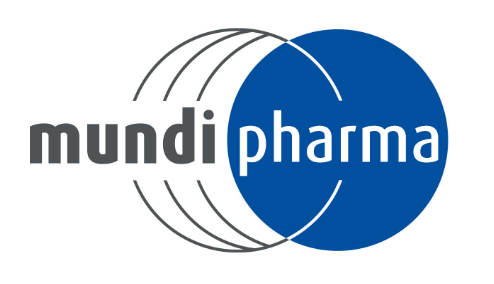
Aspergillosis
A phase 2, multicentre, open-label, single arm study to evaluate the effectiveness and safety of rezafungin (as acetate) in the treatment of chronic pulmonary aspergillosis (CPA) in patients with limited treatment options

Project Details
Start Date
July 2025
Status
Open to Recruitment
Principal Investigator
Dr Iain Page
Main Research Site
Western General Hospital
Chronic Pulmonary Aspergillosis (CPA) is a potentially long-term, life-threatening infection of the lungs caused by a fungus known as Aspergillus and can affect people with underlying lung disease. The infection progressively destroys lung tissue causing cavities to form which may contain a fungal ball. Symptoms caused by the damage to the lungs include a shortness of breath, a chronic cough, sputum production and coughing up blood. Tiredness and weight loss are also commonly experienced by people who have CPA.
This study aims to investigate the use of Rezafungin (the study drug) as a treatment for patients aged 18 years and over with CPA who have limited other treatment options available. The question this study hopes to answer is whether 6 months of Rezafungin treatment is effective and safe in these patients according to clinical and radiological response as measured by the St George’s Respiratory Questionnaire, weight, and CT imaging.
Rezafungin belongs to a class of antifungals called echinocandins which have been widely used to treat and prevent fungal infections and are generally well tolerated. Rezafungin has a prolonged half-life, which means the active substance of Rezafungin can remain in the body for longer, and therefore it only needs to be given once every 7 days, making Rezafungin different from other echinocandins, which need to be given every day.
MAIN FUNDING BODY

